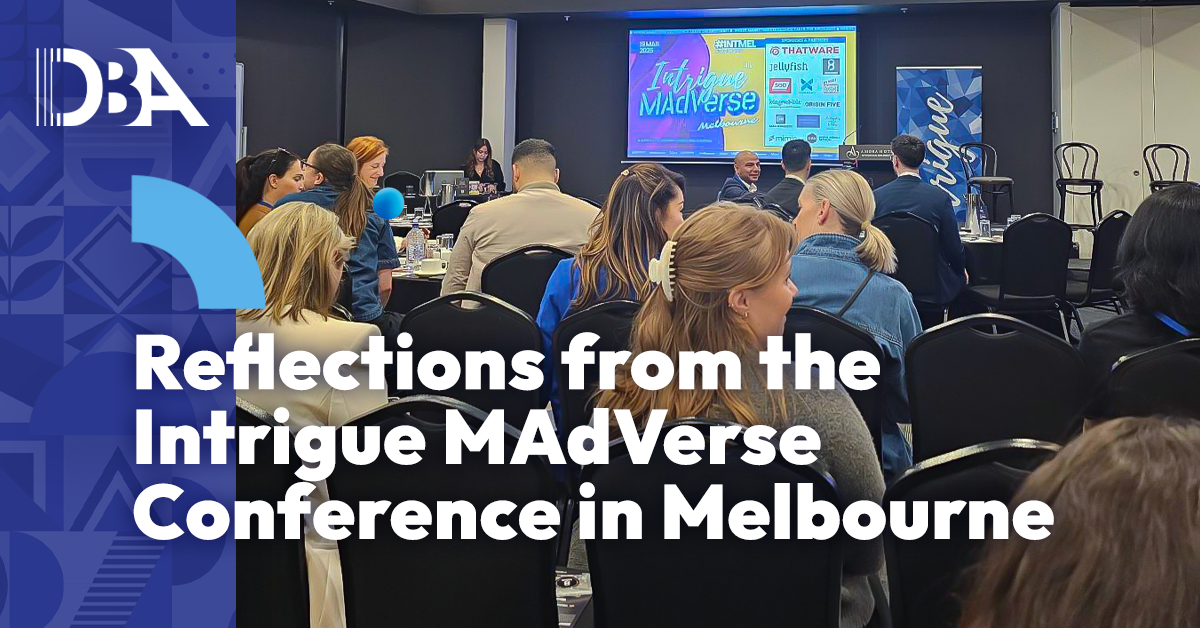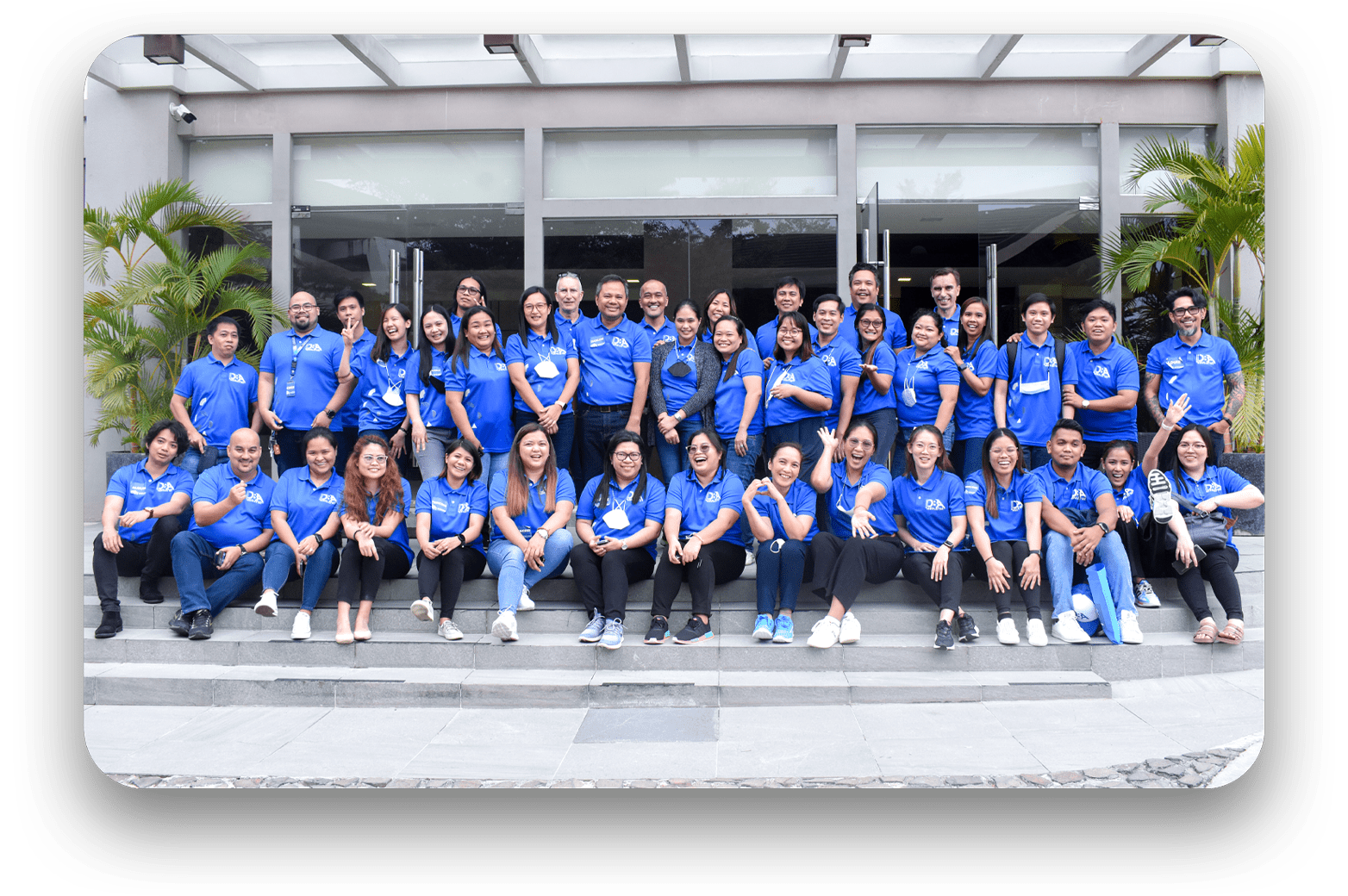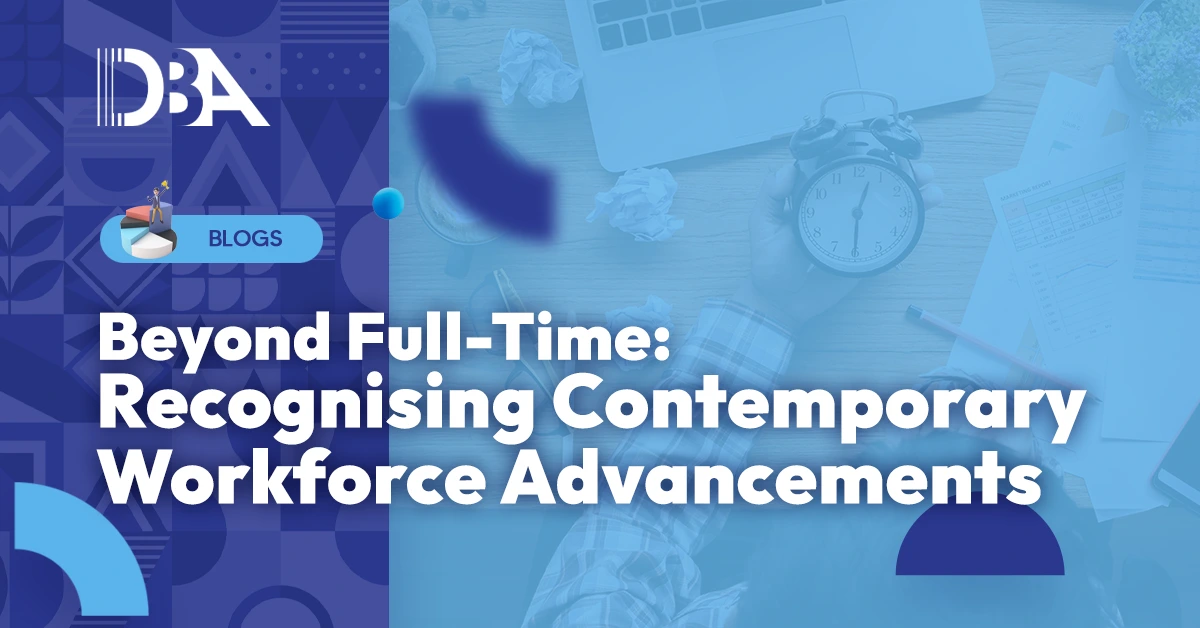In today's rapidly evolving job market, the concept of reskilling has become increasingly crucial.
As technology advances and industries transform, the skills required to thrive in the workforce are constantly changing. To remain competitive, reskilling the future-ready workforce has emerged as a vital strategy for individuals and organisations alike.
What is Reskilling?
Reskilling refers to the practice of acquiring new skills or updating existing ones to meet the demands of evolving job roles and industries. Unlike upskilling, which involves enhancing proficiency in one’s current field, reskilling often entails transitioning into entirely new roles or industries. With technological advancements such as automation, artificial intelligence, and machine learning reshaping the labour market, the need for reskilling the future-ready workforce has never been more apparent.

As these technologies continue to disrupt traditional job roles, workers must adapt and reskill to remain competitive. This is especially important for industries that are heavily affected by automation, where reskilling offers the opportunity for workers to shift into new positions rather than facing unemployment. Moreover, reskilling not only allows employees to thrive in the fast-paced digital era. Additionally, it also contributes to a more resilient and agile workforce that can effectively navigate the challenges of a rapidly changing economy.
Entering the Reskilling Evolution
The evolution of reskilling can be traced back to the Industrial Revolution, where workers had to adapt to the shift from agrarian economies to manufacturing-based societies. However, the pace of change has accelerated in recent decades, driven by digitalisation and globalisation. Traditional jobs are being disrupted, and new skill sets are in demand.
In 2020, the World Economic Forum launched the Reskilling Revolution program, which aims to empower one billion people through better education, skills, and economic opportunity by 2030. This initiative recognises the rapidly changing landscape of work and the need for individuals to adapt and acquire new skills. By providing access to quality education and training, the Reskilling Revolution program seeks to bridge the skills gap and ensure that people have the necessary tools to thrive in the future job market.
5 Approaches to Reskilling the Future-Ready Workforce
In response to this evolution, stakeholders have recognised the importance of reskilling initiatives. Programs aimed at fostering digital literacy, promoting lifelong learning, and facilitating career transitions have been established to equip employees with the skills needed to thrive in the modern workforce. Here are 5 approaches to reskilling to ensure a future-ready workforce:
As these technologies continue to disrupt traditional job roles, workers must adapt and reskill to remain competitive.
Lifelong Learning Mindset
Embracing a lifelong learning mindset is essential for staying relevant in today’s dynamic job market. Rather than viewing education as a one–time event, employees should approach learning as a continuous journey. This involves seeking out opportunities for professional development, whether through online courses, workshops, or self-study. By cultivating a thirst for knowledge and adapting to new technologies and methodologies, employees can position themselves as valuable assets in any industry.

In addition, a lifelong learning mindset not only benefits employees in their careers. Hence, it should also contribute to personal growth and fulfillment. It allows them to expand their horizons, explore new interests, and develop new skills.
Flexible Skill Acquisition
In an era of rapid change, flexibility is key to successful reskilling. Instead of focusing solely on acquiring skills specific to one job or industry, employees should prioritise versatile competencies that are transferable across various roles. Skills such as critical thinking, problem-solving, adaptability, and collaboration are highly sought after in today’s workplace. Moreover, this can help them navigate career transitions more effectively.
These flexible skills not only make them more marketable but also enable them to thrive in dynamic work environments. With the constant evolution of technology and the emergence of new industries, employees who possess these versatile competencies can easily pivot and adapt to different roles and responsibilities. Moreover, acquiring a diverse range of skills can future-proof their careers, ensuring that they remain valuable and in-demand regardless of the changing job market.
Targeted Training Programs
To ensure the effectiveness of reskilling efforts, employees should identify their career goals and target training programs accordingly. Whether through formal education, vocational training, or specialised certifications, selecting programs that align with desired job roles can provide the necessary knowledge and credentials to succeed in new fields. Additionally, leveraging resources such as career counselors, mentorship programs, and networking opportunities can offer valuable guidance and support throughout the reskilling process.
By taking the time to research and understand the specific skills and qualifications required for their chosen career path, employees can make informed decisions about which training programs will best meet their needs. It is also important for employees to stay updated on industry trends and advancements, as this will help them identify emerging skills that may be in high demand. Ultimately, by taking a proactive and strategic approach to reskilling, employees can position themselves for success and increase their chances of securing new and fulfilling job opportunities.
Collaborative Learning Environment

Reskilling is not a solitary endeavour; it thrives in collaborative learning environments where employees can share knowledge, insights, and experiences. By engaging in this initiative, employees can gain exposure to diverse perspectives, expand their skill sets, and stay ahead of industry trends and best practices. Furthermore, these collaborative learning environments provide opportunities to network and build relationships with others in their field. Lastly, being part of a collaborative learning community can enhance motivation and accountability. Hence, this makes employees hold each other responsible for their learning and growth.
Embracing Emerging Technologies

As technology continues to reshape the future of work, employees must embrace emerging technologies as part of their reskilling efforts. Whether it is mastering data analysis tools, learning coding languages, or understanding the principles of artificial intelligence, staying ahead of the curve when it comes to technological advancements is essential for remaining competitive in today’s digital economy. By embracing emerging technologies and incorporating them into their skill sets, employees can position themselves as innovators and problem solvers in their respective fields.
In an era of rapid change, flexibility is key to successful reskilling.
Future-Proof Your Business
Reskilling is a fundamental component of preparing for the future-ready workforce. By adopting these approaches, employees can adapt to the evolving demands of the job market and thrive in their careers.
As the pace of change continues to accelerate, investing in reskilling initiatives will be critical for staying competitive and relevant in today’s fast-paced business environment.
At DBA, we understand that reskilling for a future-ready workforce is not just about acquiring new skills—it is about embracing change, seizing opportunities, and continuously evolving to meet the challenges of tomorrow’s workforce.
Here are the functions SMBs often outsource.
Here are the functions SMBs often outsource.

Gillian Delos Reyes, MBA, LCB, DMP

Gillian Delos Reyes, MBA, LCB, DMP
Share


DBA’s Global Head of Sales and Marketing, Jason Ryan recently attended the Intrigue MAdVerse Conference in Melbourne, where key insights around the evolving concept of “value” were shared. His takeaway: value is not just a concept—it’s an experience that is deeply human. At DBA, we are committed to embracing innovation while staying rooted in empathy, creativity, and connection to build a future where technology and humanity thrive together. Read more of his insight here!






© 2024 DBA. All Rights Reserved.







This Post Has One Comment
Wow amazing blog layout How long have you been blogging for you made blogging look easy The overall look of your web site is magnificent as well as the content